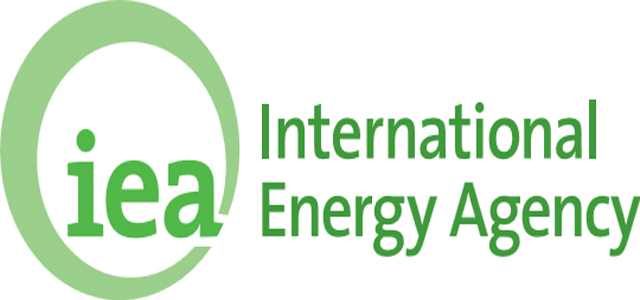The International Energy Agency (IEA) has projected that supply cuts by some oil producing countries may not affect oil surplus in 2024.
The head of the agency’s oil markets and industry division, Toril Bosoni, was quoted in a news report by Reuters as making the forecast on Tuesday during an interview.
Bosoni, who shared some insights about the outlook of the global oil market in 2024 during the ongoing Autumn conference in Oslo, Norway, said that there would be a slight surplus in supply and that even if OPEC+ nations prolong their cuts into 2024, the oil market may still experience an excess of supply.
Currently, he explained that the oil market remained in a deficit, with a rapid decline in stocks, noting that global oil stocks currently rest at notably low levels.
The industry expert maintained that such low levels posed the risk of heightened volatility should unexpected events impact either the demand or supply aspects of the market.
Reuters also reported insights from sources linked to OPEC, indicating the group’s contemplation of further oil supply cuts during its next meeting on November 26, thereby extending beyond the ongoing reductions orchestrated by Saudi Arabia and Russia.
It would be recalled that early this month, major oil exporters Saudi Arabia and Russia confirmed they would continue their extra voluntary output cuts until the end of 2023, which are expected to maintain a substantial shortage in the oil market through year-end.
In its November 2023 oil market report, the IEA projected a 102.9 million barrels per day demand growth in 2024. The IEA report highlighted that global oil demand is surpassing initial expectations.
Despite a growth rate almost two-thirds lower than the current year, global oil demand is anticipated to reach a record annual high of 102.9 mb/d in 2024. Furthermore, the IEA report cited, mentioned that world oil supply growth is also exceeding initial projections.
The agency noted further that those concerns about the Israeli-Hamas conflict escalating into a wider regional crisis, disrupting oil supply flows, have not materialized so far. So, unless significant unforeseen disruptions occur, the global oil supply is steadily increasing.
The IEA also noted that the market rally that pushed benchmark oil prices towards triple digits in September 2023 reversed sharply in October 2023, despite continued tight crude supplies and an intensifying conflict in the Middle East.
Note that the OPEC+ alliance, comprising both Saudi Arabia and Russia, is currently pumping 900 thousand barrels per day (kb/d) below the demand for their crude oil.
Meanwhile, in Q3 2023, IEA says that global crude oil inventories took a massive dip, plummeting by 140 million barrels to reach a new low.
This drop was primarily due to refineries increasing their activity before seasonal maintenance. However, the pace of demand growth is anticipated to slow down, potentially leading the market into a surplus as we head into 2024.
Analysts foresee that in 2024, Nigeria may be producing less than its current 1.78 million barrels per day (mpd) production quota.
Available statistical data from the Nigerian Upstream Petroleum Regulatory Commission (NUPRC) reflect that the country is yet to increase its oil and condensates’ production, with the highest rate totalling 1.57 million barrels per day in September 2023




